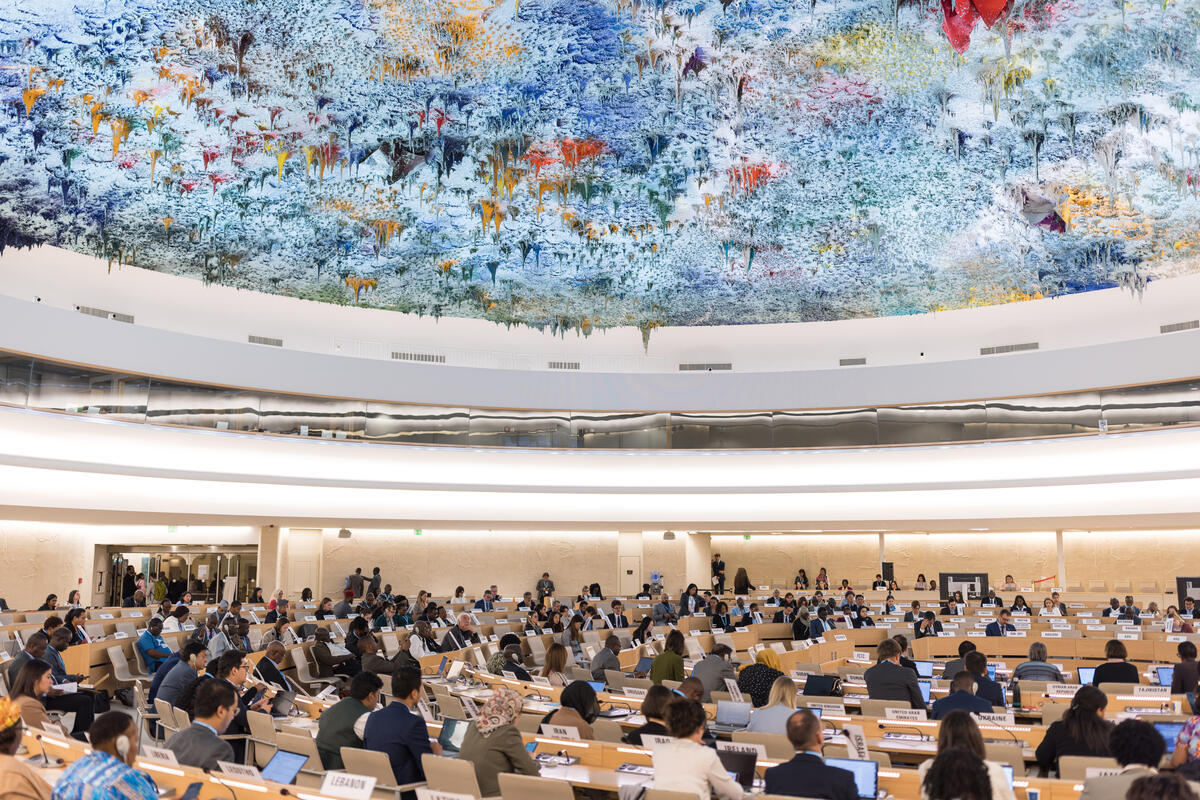
Social Participation: A Vital Anchor in Times of Crisis
Writer: Nanoot Mathurapote, Khanitta Saeiew, NHCO Thailand May 2025, Photo credit: WHO and Luiz Filipe, CNS Brazil
Editor: Ethan Philips, Furman University, US
Social Participation: A Vital Anchor in Times of Crisis
Ministerial Roundtable at the 78th World Health Assembly (WHA)
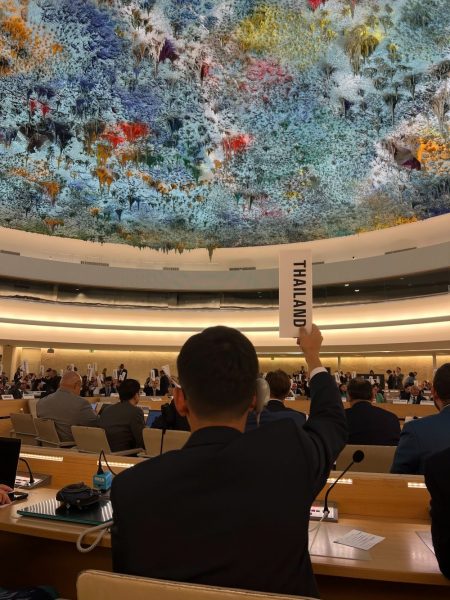
On May 20, 2024, the Thailand National Health Commission Office (NHCO), in collaboration with Brazil, France, Norway, Slovenia, Tunisia, CSEM, UHC2030, and the London School of Economics, co-hosted a ministerial breakfast roundtable at the 78th World Health Assembly (WHA78). Titled “Progressing Towards More Open and Inclusive Decision-Making for Health: Is Social Participation Under Threat?”, the event was held at Restaurant Vieux-Bois with support from the World Health Organization (WHO).
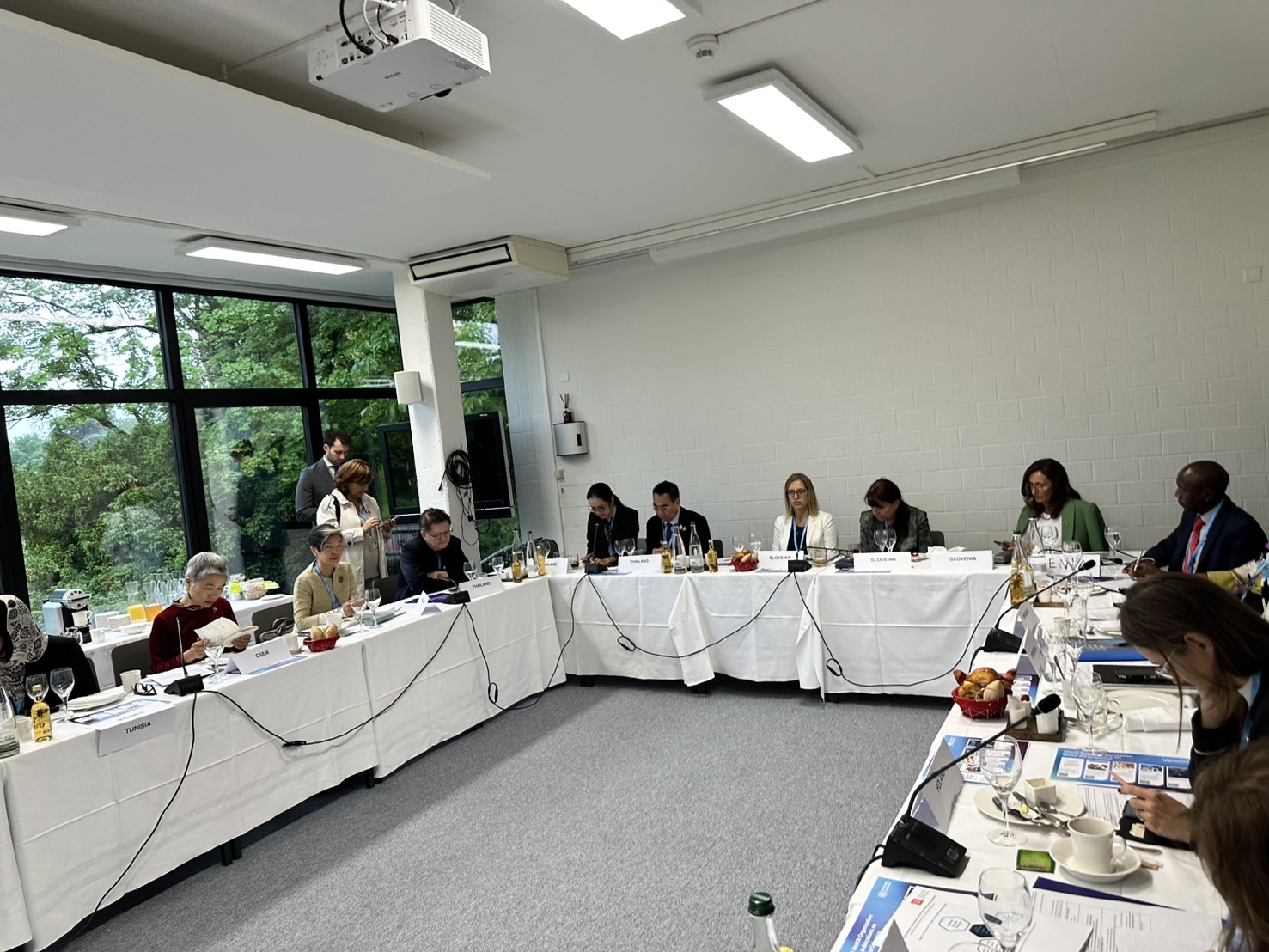
More than 50 participants attended, representing 15 Member States across all six WHO regions. The majority of countries were represented at the ministerial level, with others sending deputy ministers, permanent representatives, or senior officials. Civil society organizations and academia were also well represented, reflecting broad and diverse engagement in the issue.
The roundtable centered on the implementation of WHA Resolution 77.2, adopted in 2023, which emphasizes social participation as essential for achieving universal health coverage (UHC), well-being, and strong, accountable health systems. Delegates unanimously reaffirmed the resolution’s importance, asserting that social participation is not optional but a strategic, ethical, and democratic imperative. It underpins inclusive and equitable governance and strengthens trust between people and institutions.
Discussions highlighted the need to institutionalize participatory approaches by embedding them into standard government practice.
This includes securing sustainable public funding, enhancing the capacity of ministries and civil society, developing legal frameworks, and ensuring political leadership to drive these efforts. Participants noted that while today’s world faces unprecedented challenges—ranging from armed conflict and economic uncertainty to misinformation and shrinking civic space—social participation must not be sidelined. Rather, it should be recognized as a stabilizing force and a driver of progress during turbulent times.
Thailand’s Deputy Minister of Public Health, Dej-is Khaothong, showcased Thailand’s long-standing commitment to inclusive governance through its annual National Health Assembly (NHA), now in its 18th year. He also pointed to national legislation that ensures civil society representation in bodies such as the National Health Commission and the National Health Security Commission. Following the adoption of Resolution 77.2, Thailand proposed the resolution to its own National Health Commission and established a Social Participation Strategy Committee to further institutionalize participatory processes.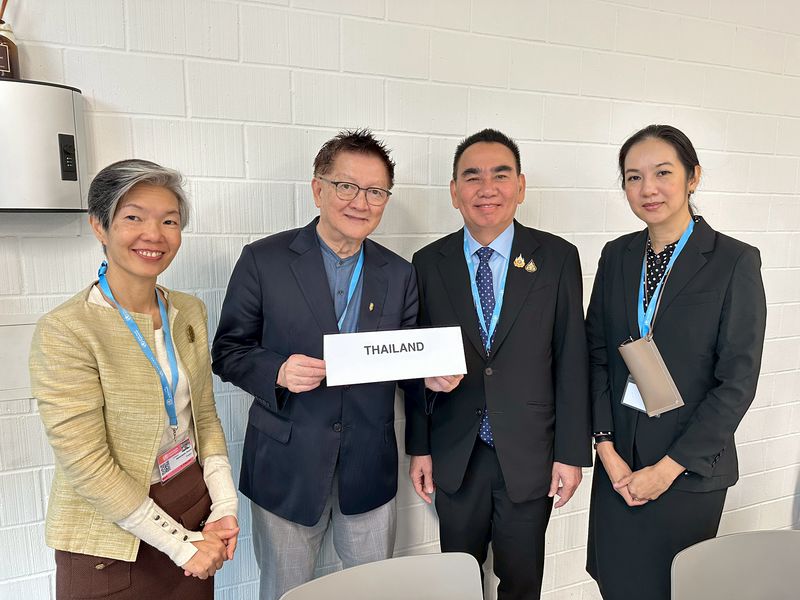
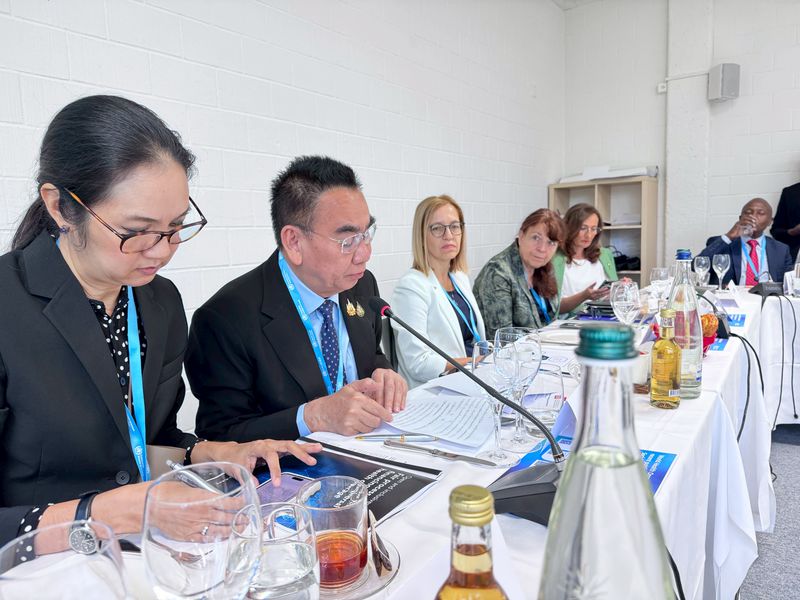 The event concluded with a shared call to make social participation a core element of WHO’s future priorities and global health governance more broadly. Delegates were also invited to reconvene at a related side event during the upcoming United Nations General Assembly in September 2024. The strong turnout and high-level participation demonstrated growing momentum across regions to advance inclusive, participatory health systems worldwide.
The event concluded with a shared call to make social participation a core element of WHO’s future priorities and global health governance more broadly. Delegates were also invited to reconvene at a related side event during the upcoming United Nations General Assembly in September 2024. The strong turnout and high-level participation demonstrated growing momentum across regions to advance inclusive, participatory health systems worldwide.
